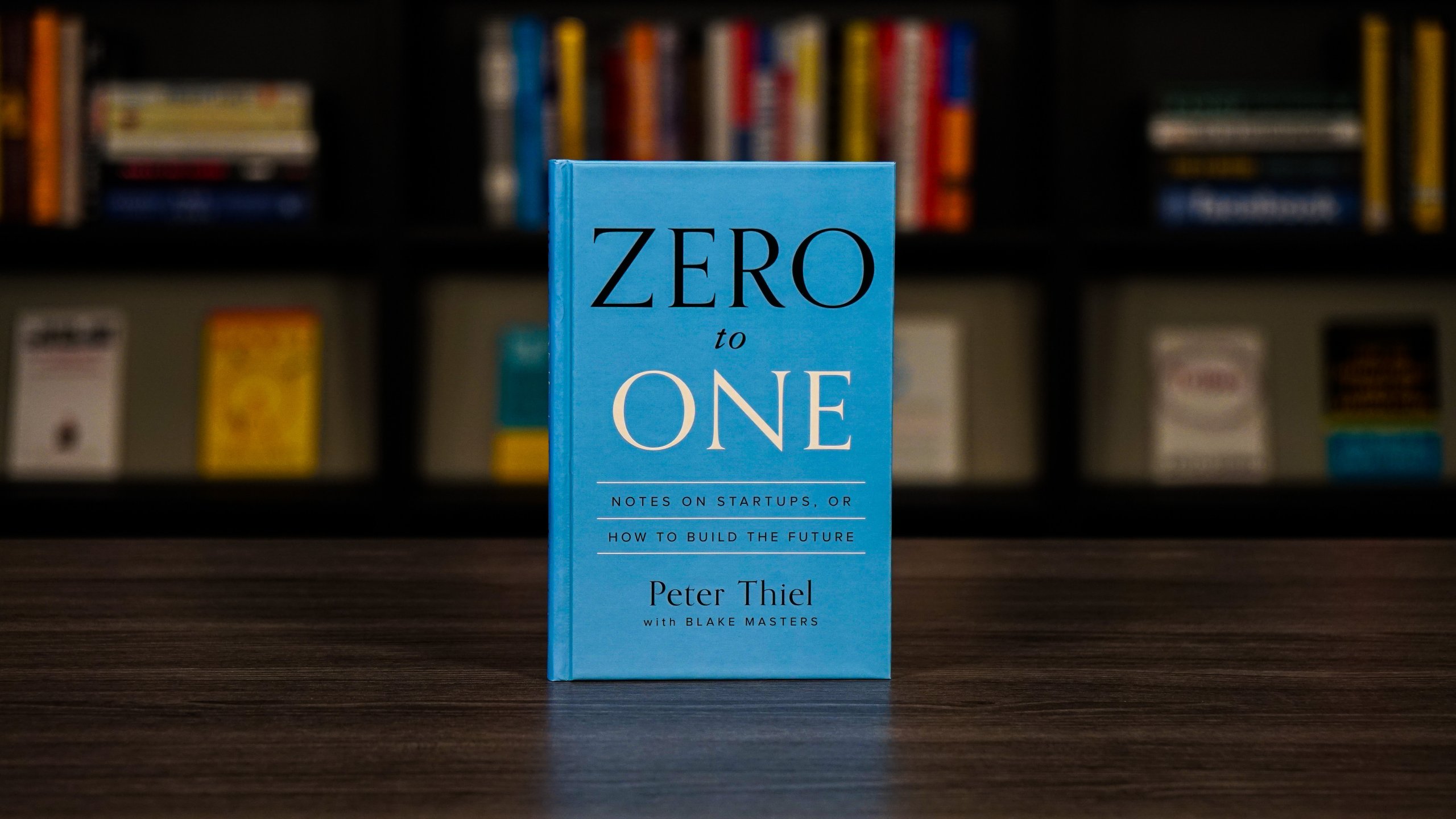

AUDIO PRODUCTION The narratorwas very good. Not too many authors can do that! There are also a lot of fascinating points about the world of media and newspaper writing, some quite hilarious actually. So I felt totally trapped at the meta level of the book. I really enjoyed Eco’s writing and twists on the genre of satireand conspiracy, and how he managed to lead me into confusion, which is the perfect demonstration of what he was talking about. And we are talking BIG events here, such as Aldo Moro, CIA, the death of John Paul I, and even the end of Mussolini, among others. I thought it was masterfully done.Īt the beginning, you know you are in a novel, but then as historical events are added, borders get blurred, and you (at least I did) end up precisely doubting everything and no longer knowing what is true and what is conspiracy. But seeing other reviews on Goodreads, I can conclude it’s difficult to appreciate the book if you really have no clue what Eco is talking about.

Lots of things that were familiar to me for living many years in Europe.

Why? Was he actually on a lead? Are some so-called conspiracies actually true facts? This is not an easy book, as it is full of elements related to Italian politics, medias, and affairs. One of the other journalists, who sees conspiracies and plots everywhere, ends up being killed in a middle of an investigation. I’m thrilled to have won it with Goodreads First Reads!įor his job as a ghost writer for an author who is supposed to pay him big money, Colonna accepts to join a team to prepare issues for a newspaper that he actually knows will never be published. Numero Zero is actually a neat case of applied science, as he focuses on the genre of conspiracy and satire. Looks like I have never reviewed here a book by Umberto Eco, even though I enjoy a lot his writing, especially what he does in semiotics.


 0 kommentar(er)
0 kommentar(er)
